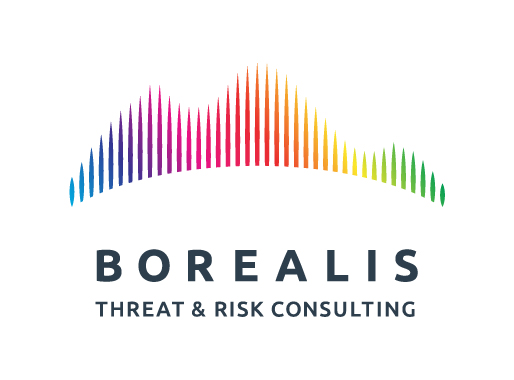When the Arab Spring came across our television screens in 2011 we all thought that democracy was finally arriving in the Middle East. No more dictatorships and unrepresentative kings – and no more Islamist terrorism (the deaths of Al Qaeda leader Usama bin Laden in May of that year and of US-Yemeni jihadi ideologue Anwar al -Aulaqi merely confirmed our confidence). How wrong we were – but why? Borealis talks to Daveed Gartenstein-Ross of Valens Global on why many over-analysed the importance of these events.
About my guest
Daveed Gartenstein-Ross, the founder and chief executive officer of Valens Global and a Senior Advisor on Asymmetric Warfare at the Foundation for Defense of Democracies (FDD), about a new book he co-authored, Enemies Near and Far: How Jihadist Groups Strategize, Plot, and Learn.
Canadian Intelligence Eh
In a world of multiple voices and opinions it can be very hard to know where to turn. One choice is to look to those who actually worked in counter-terrorism in the national security world. In these half-hour podcasts, 30-year Canadian intelligence veteran Phil Gurski is joined by a fascinating array of individuals with something meaningful to say about these issues as they provide insight into what they mean and what we need to do about them.
About Phil Gurski
Phil Gurski is the President and CEO of Borealis Threat and Risk Consulting Ltd. and Distinguished Fellow in National Security at the University of Ottawa’s Professional Development Institute (PDI). He worked as a senior strategic analyst at CSIS (Canadian Security Intelligence Service) from 2001-2015, specialising in violent Islamist-inspired homegrown terrorism and radicalisation. He is the author of six books on terrorism, including the most recent The Peaceable Kingdom: A history of terrorism in Canada from Confederation to the present.

